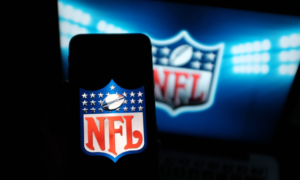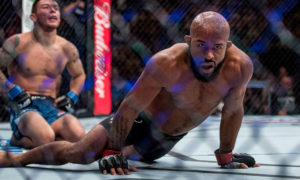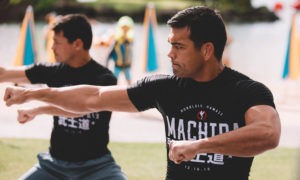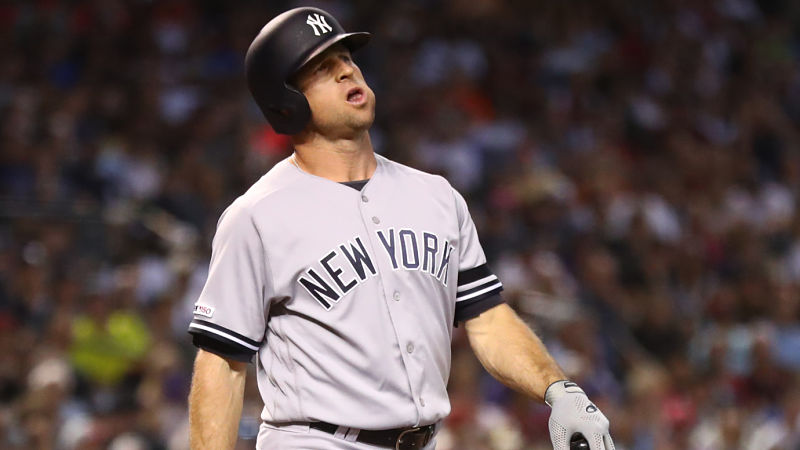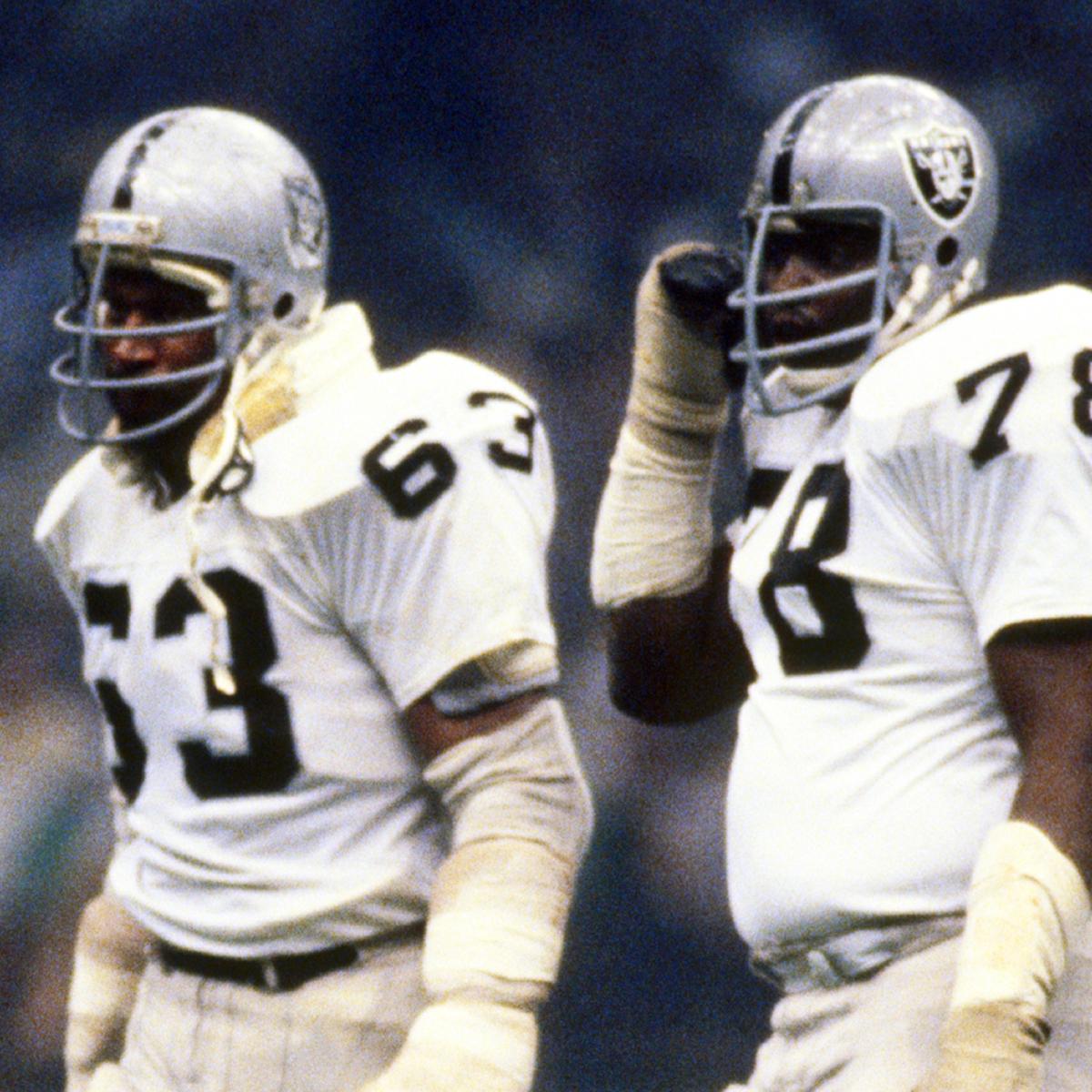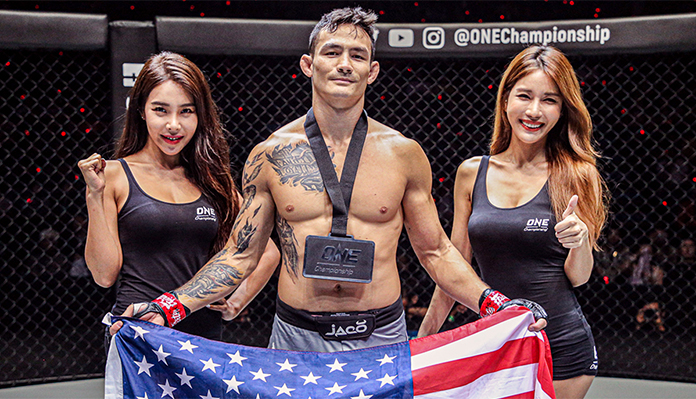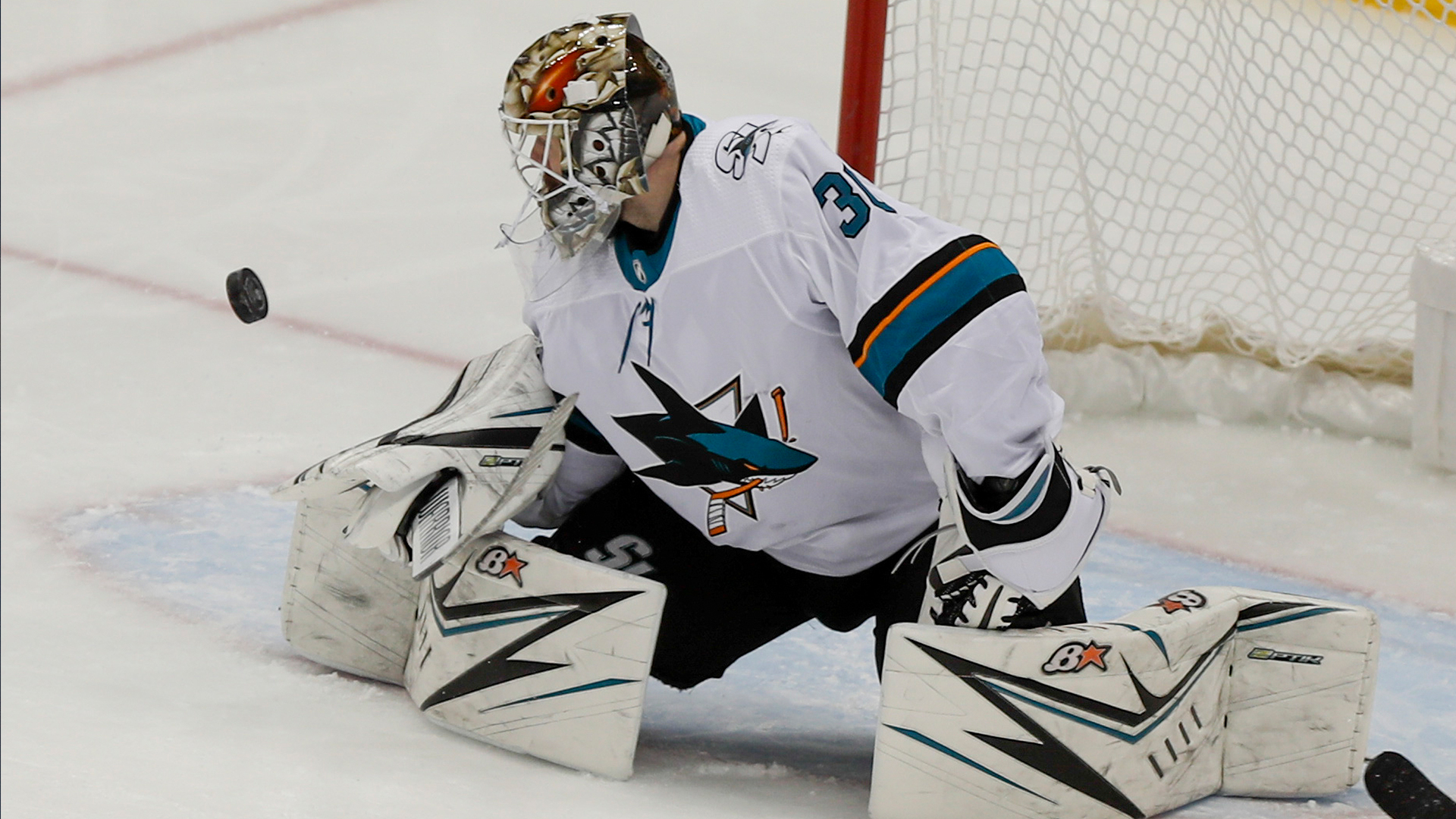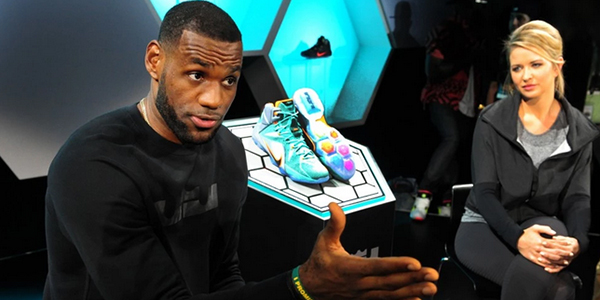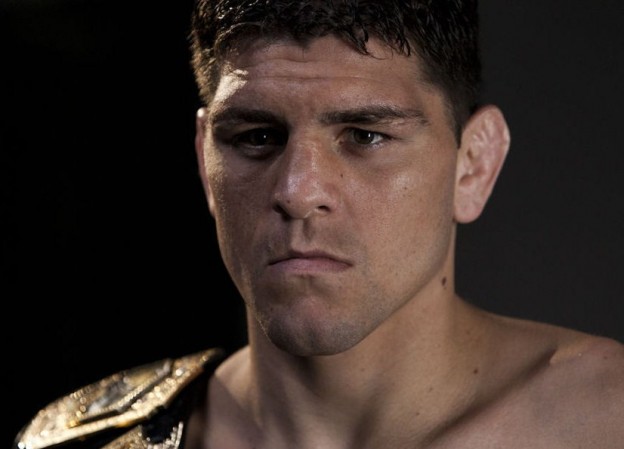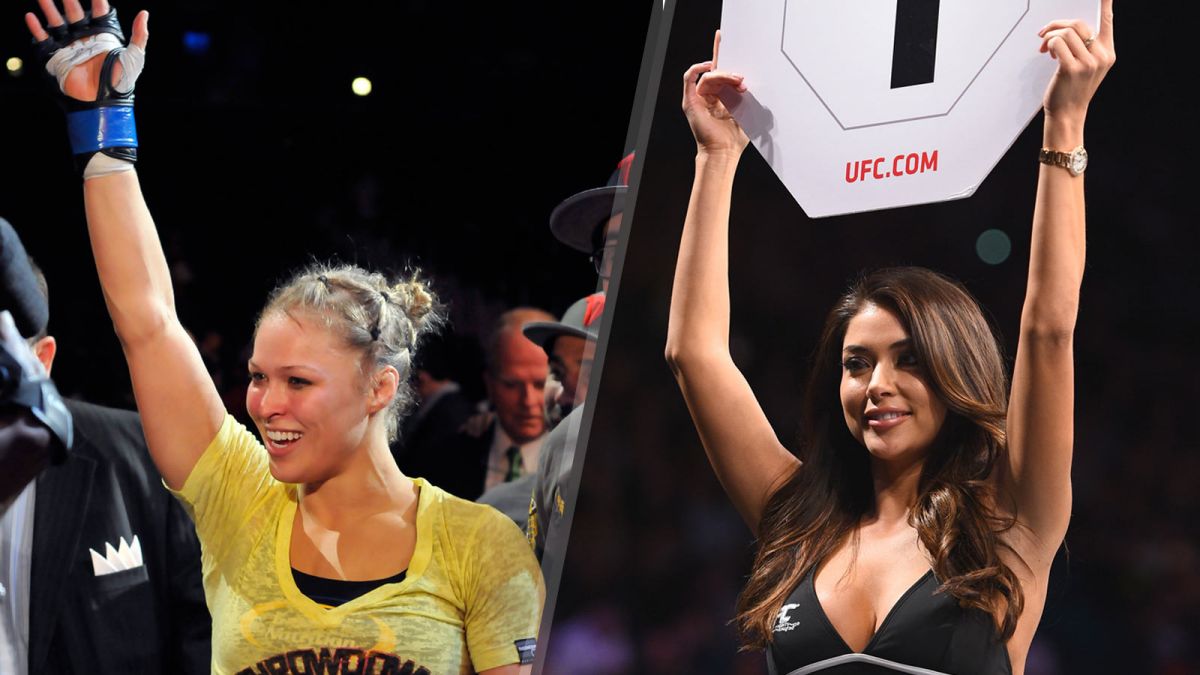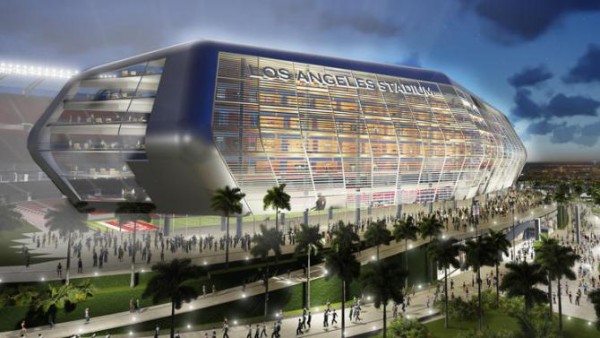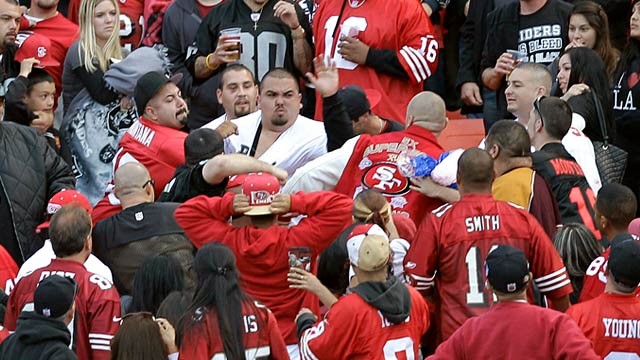Dwight Howard’s second act with the Lakers is paying off after years of searching for the right role that suits him.
This is not a redemption story. Dwight Howard’s 2019-20 season won’t end—whenever this snake bitten season ultimately ends—with Howard atop team’s free agent wish lists. There will be no multiyear deal waiting for him in the offseason. No prominent role. At 34, Howard’s career will continue only if a team with a hole in the middle decides to throw a few bucks at Howard on a short term deal.
But there will be a team. A few of them, maybe. The Lakers, almost certainly. So, perhaps, this is a redemption story. Last summer, Howard’s career was on life support. Officially, he had been on five teams in two years. Brooklyn waived him. Memphis, too. In 2018, after averaging 16.6 points and 12.5 rebounds in 81 games with the Hornets, Howard received one offer: a two-year, $11 million deal from the Wizards. The Lakers picked him up after losing DeMarcus Cousins to a season-ending knee injury … and only after Howard convinced them he would toe the line.
And he has. This season will go down, officially, as one of Howard’s least productive. He averaged 7.5 points, a career low. He pulled down 7.3 rebounds (ditto). He played 18.9 minutes, attempted just four shots and saw his free throw percentage (51.4) drop nearly ten points.
But it will go down, unofficially, as one of Howard’s more impactful. He has been a key cog on a 52-win Lakers team that is two wins away from the NBA Finals. He’s helped backstop a top-five defense. When L.A. didn’t need him, like against undersized Houston, Howard was a good soldier. When they did, against Denver, Howard was ready. He scored 13-points in Game 1 and has been an effective defender against Nikola Jokic throughout the series.
“As a professional,” Howard said, “you have got to always stay ready.”
Professional. It’s not a word Howard has always been associated with. The nearly decade-long downturn of Howard’s career has many layers. Health, for one. The back problems that began in Orlando diminished his athleticism. “He doesn’t have the agility or the lateral movement that he once had,” Stan Van Gundy, Howard’s coach for five seasons with the Magic, told SI in a telephone interview. “He is still not bad in either one of those areas. The back just makes it a little tougher to get down in a stance, in pick-and-roll defense. I would still classify him as above average. But before there was nobody better.”
The evolution of the NBA game didn’t help Howard, either. When Howard was drafted, in 2004, teams still built around low post pivots. Today, they are luxuries. Floor spacing big men are prized. This season, Howard set a career-high in three-pointers made … with three.
Still, Howard’s biggest problem has long been … Howard. His aloofness. The perception that winning wasn’t his top priority. Kobe Bryant fueled it, famously calling Howard “soft” after an on-court altercation a season after Howard left the Lakers, in 2013. Less public, but no less damaging to Howard’s reputation, was the cold war he waged with James Harden, his teammate for three seasons in Houston.
In Charlotte, Howard put up the kind of numbers that should have earned him a long term extension. Instead, the Hornets dumped him. “He didn’t impact winning,” a former team official told SI. Worse, the front office worried that Howard’s attitude would rub off on the young players. Team officials chafed at that the relationship Howard developed with Malik Monk, Charlotte’s 2017 lottery pick. Howard, with nearly a quarter of a billion in career earnings, led a flashy lifestyle. The Hornets, sources with direct knowledge of the team told SI, didn’t want Monk anywhere near it.
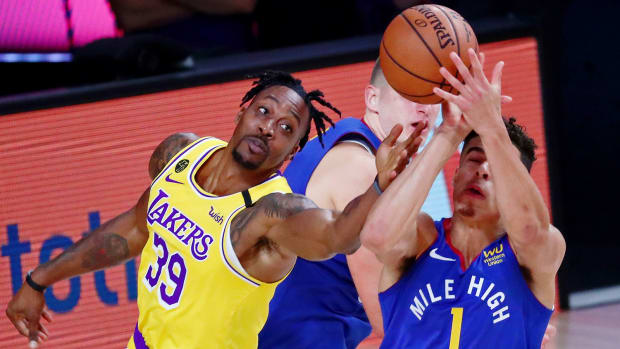
Has Howard changed? He’s had to. He doesn’t accept a secondary role with the Lakers—one that came with a non-guaranteed contract—he’s probably putting up numbers in Europe or China. But Howard has embraced it. He has quietly accepted a backup role to JaVale McGee. He has set screens, rebounded and bodied up big men, so Anthony Davis has not had to. Knowing he wasn’t going to play against Houston, Howard threw himself into film study of the Nuggets and Clippers.
He’s motivated, too. It has been 11 years, if you can believe it, since the Howard-led Magic advanced to the NBA Finals, getting drubbed by the Lakers in five games. Back then, a 23-year old Howard believed that trip would be the first of many. As L.A. celebrated, Howard and Jameer Nelson remained on the Magic bench, soaking it in, fueling up for another title run that never came. It’s an experience Howard says he thinks about every day.
“It never leaves my mind,” Howard said. “I had a chance to get there once. I always promised myself, if I had a chance to get back there, I would give my teammates everything that I’ve got.”
And he has. Howard has found a role that suits him, and a locker room with the right leaders to handle any chemistry issues that come up. “What I have enjoyed the most is to watch his reputation be rehabilitated a bit,” Van Gundy said. “He’s a good guy. He did a fantastic job in Orlando. It’s been rough for him since then. To see him bounce back, to be an unselfish team guy trying to win games is great to see.”
Los Angeles once represented Howard’s worst professional experience. Now, it’s his basketball future. He’s made plenty of money. He’s punched his ticket to the Hall of Fame. If he wants his career to continue, the Lakers are his best option. He’ll never be an offensive focal point. But with James signed on for at least two more seasons and Davis likely re-upping long term, there will be a need for a physical five man willing to throw his body around. There will be a need for Dwight Howard.
“He can play for a long time in that role,” Van Gundy said. “He’s not going to get smaller, he’s not going to get less physical. The things they are asking him to do, he can do for 3, 4, even 5 years. I think it will all be up to him.”
——————-

